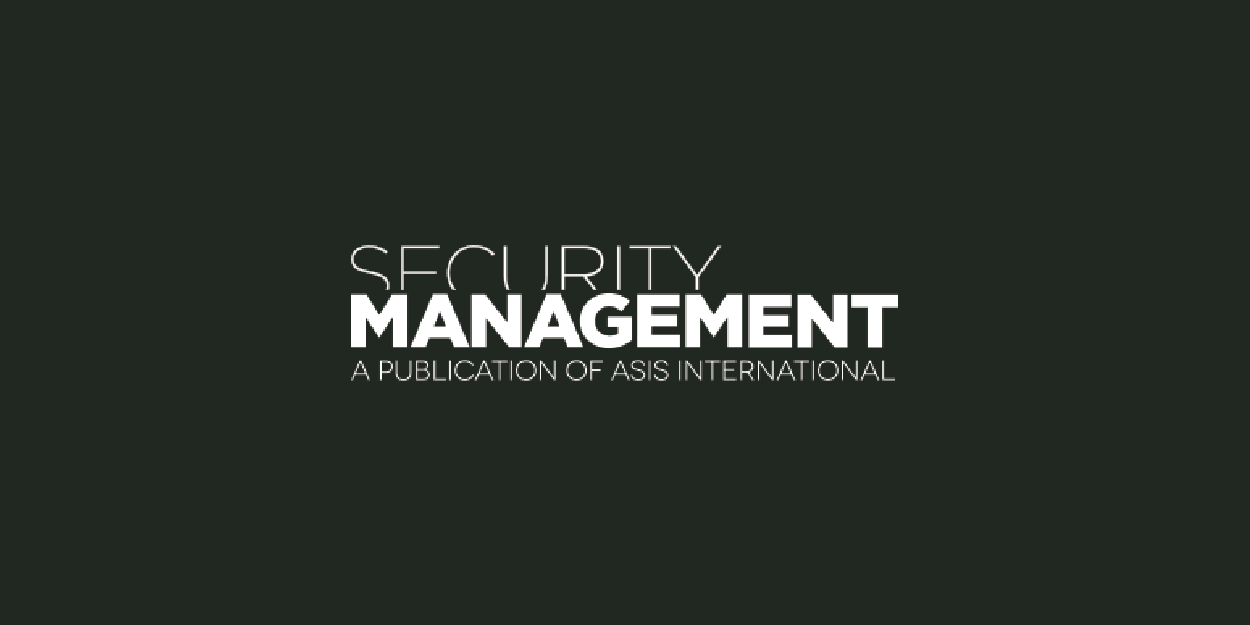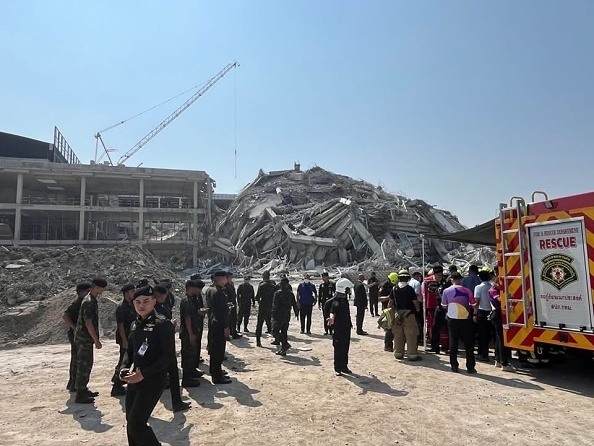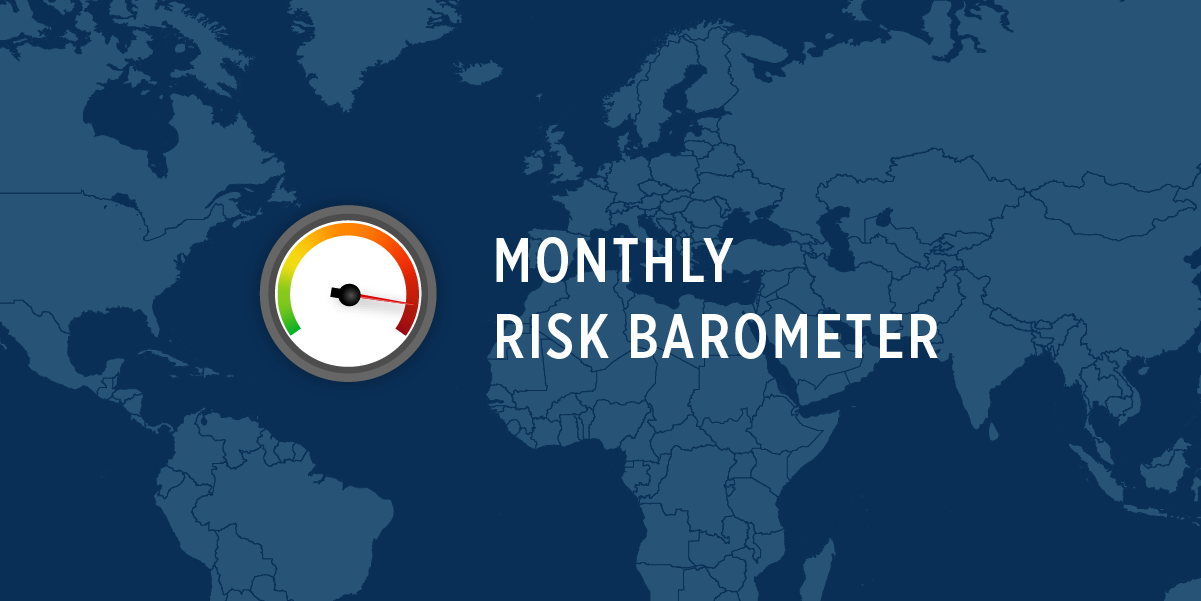Cartels targeting US firms in Mexico for theft, extortion
“We’ve also seen in some cases that some cartels have forced their way in through threat of violence and coercion into piggybacking onto these companies’ distribution networks to transport their drugs or human trafficking or whatever the case may be."
In an article for Border Report, Global Guardian's Director of Intelligence, Michael Ballard, provided analysis on cartels in Mexico may be targeting U.S. firms and their partners with with the threat of extortion, hijacking of trucks, and other criminal activities.

















